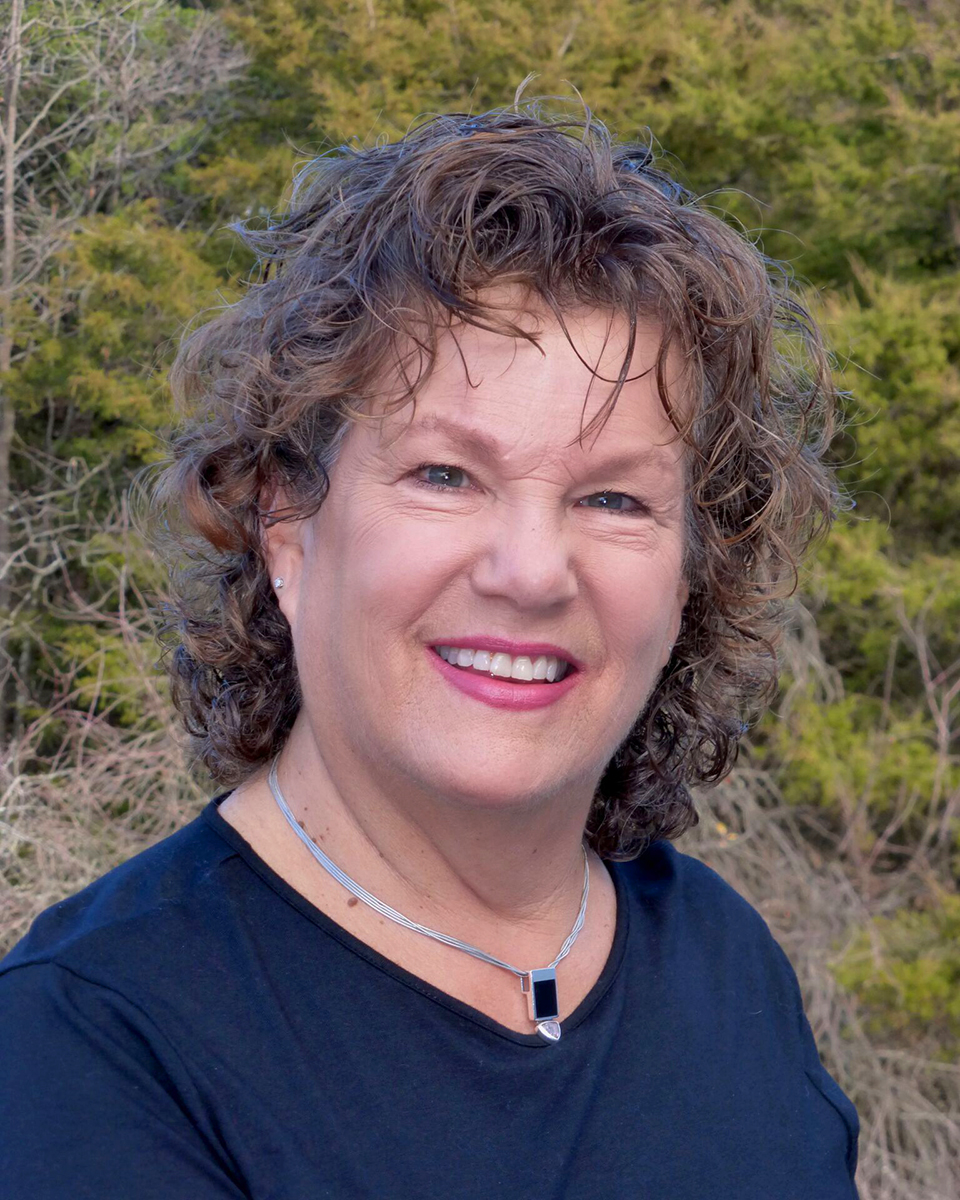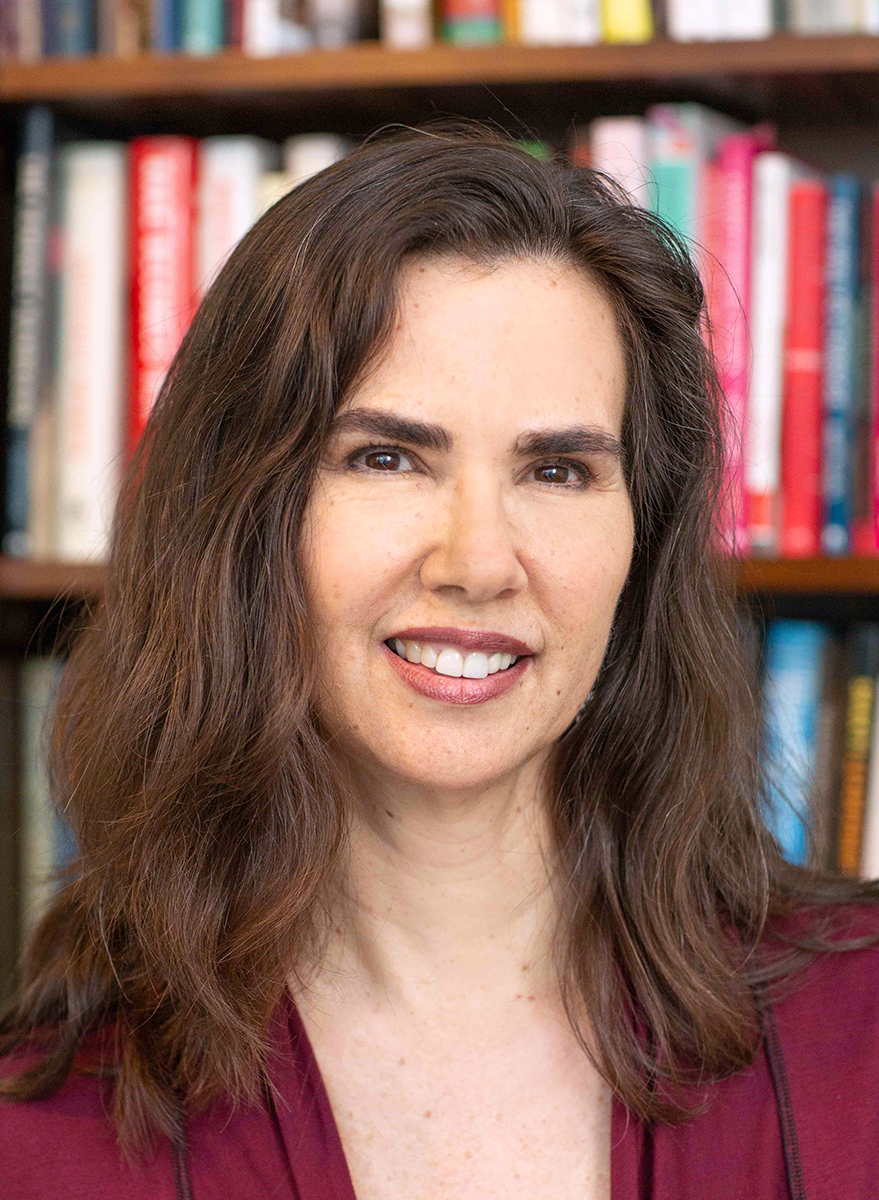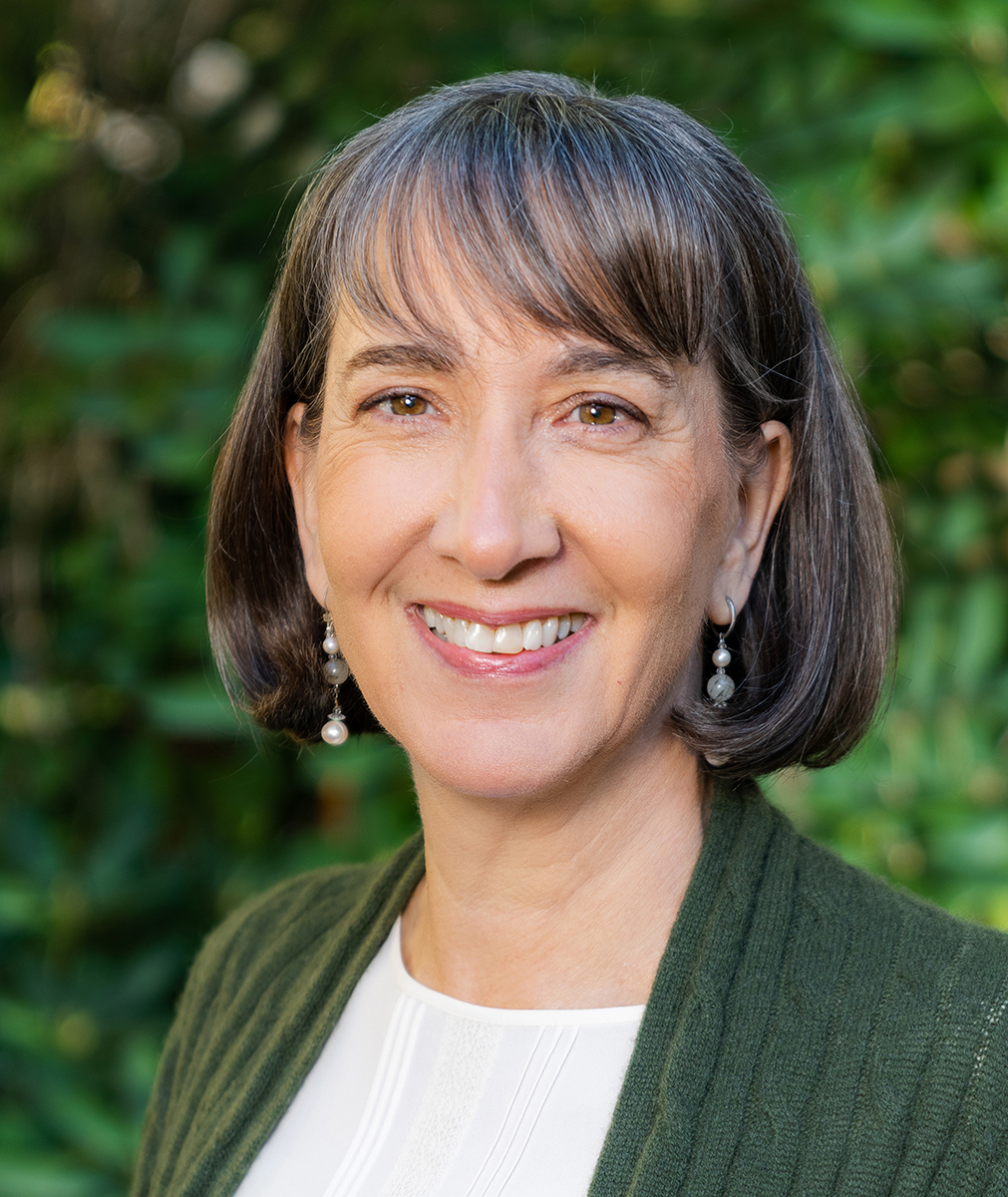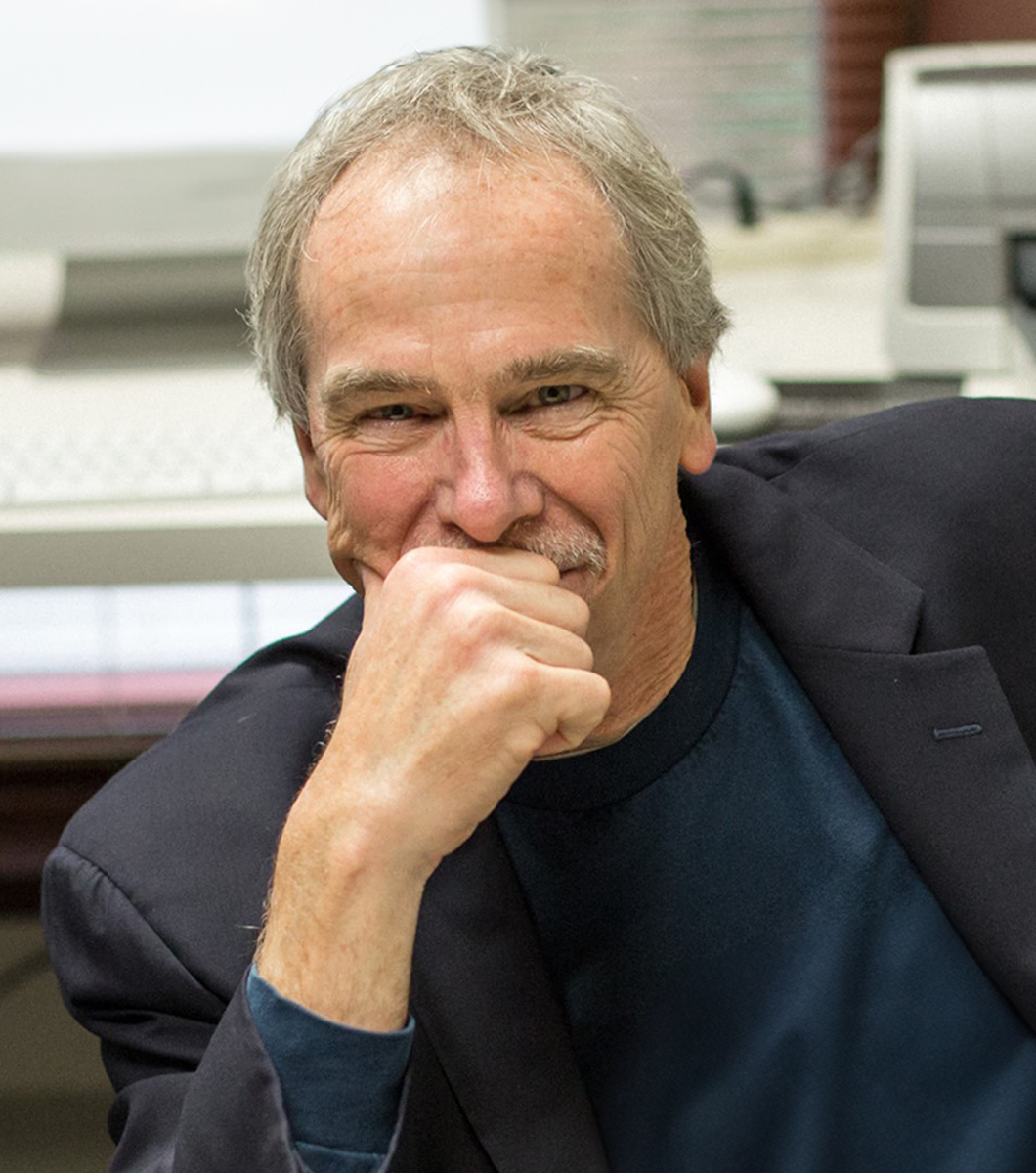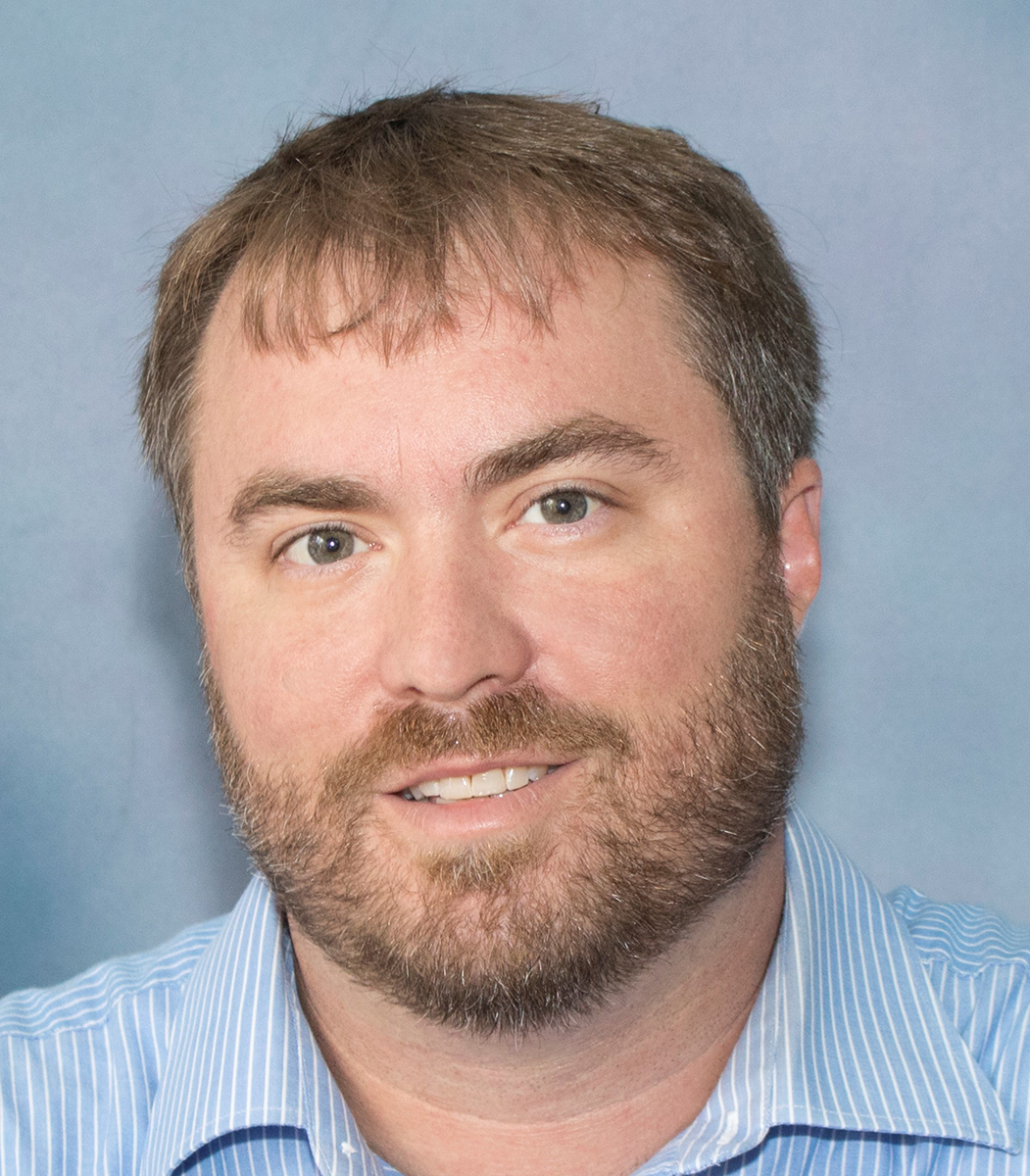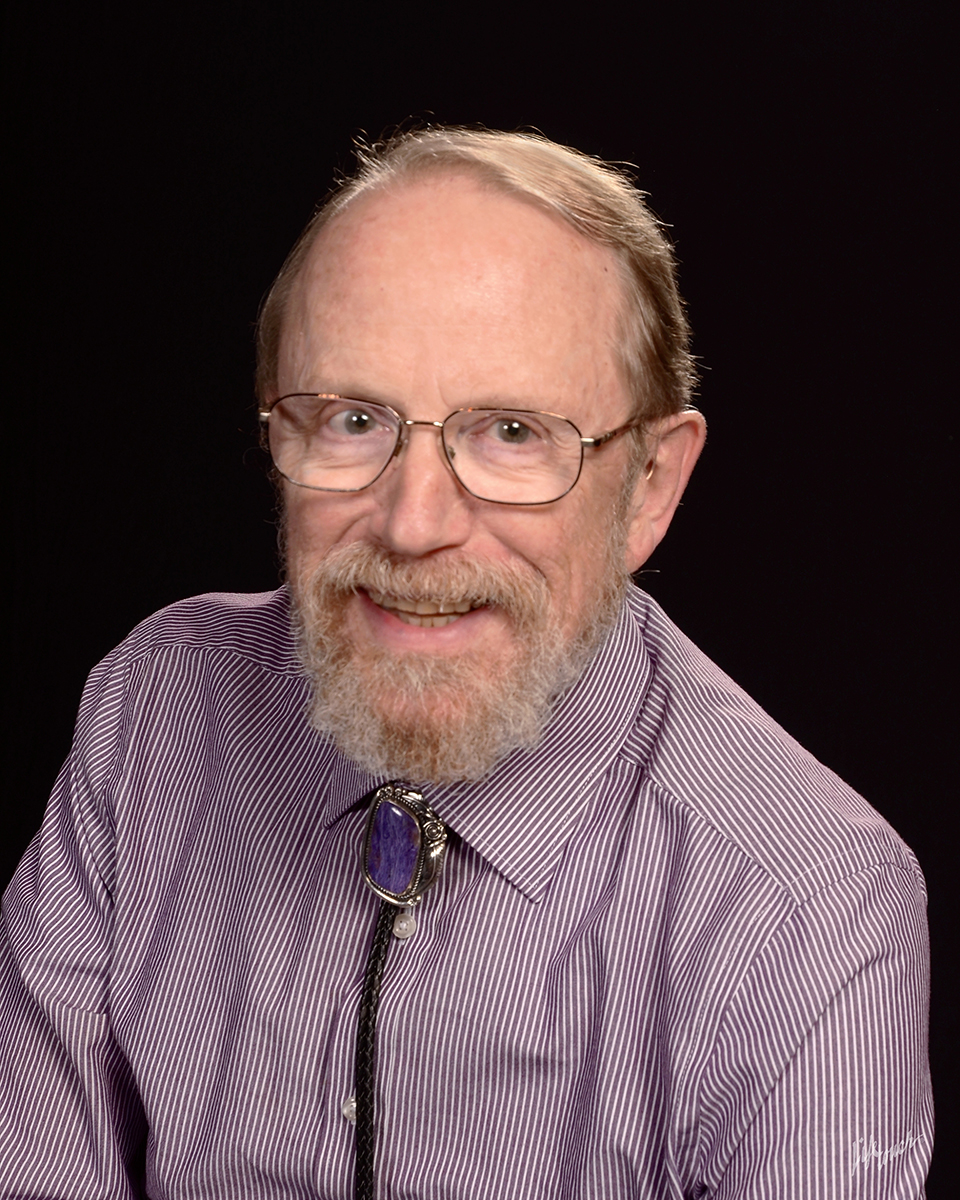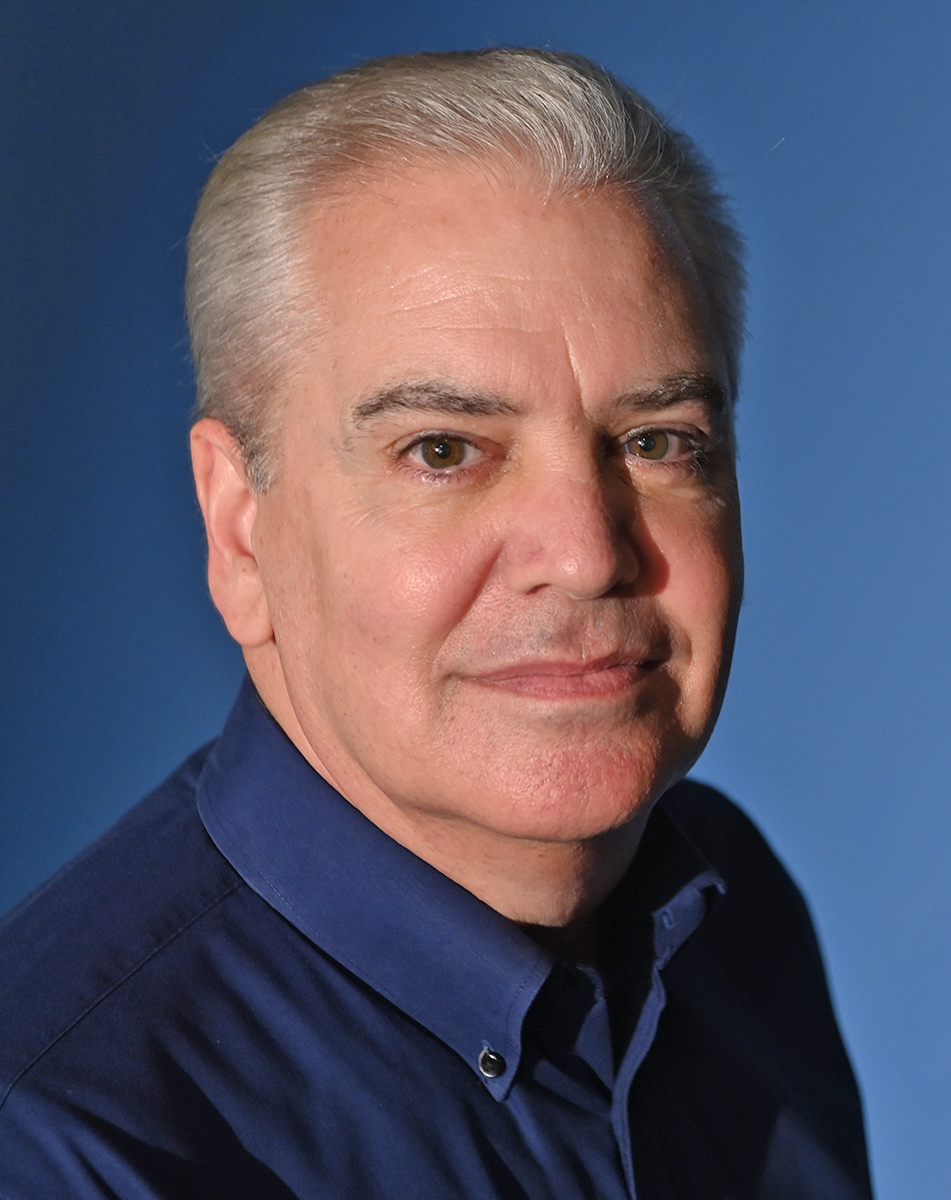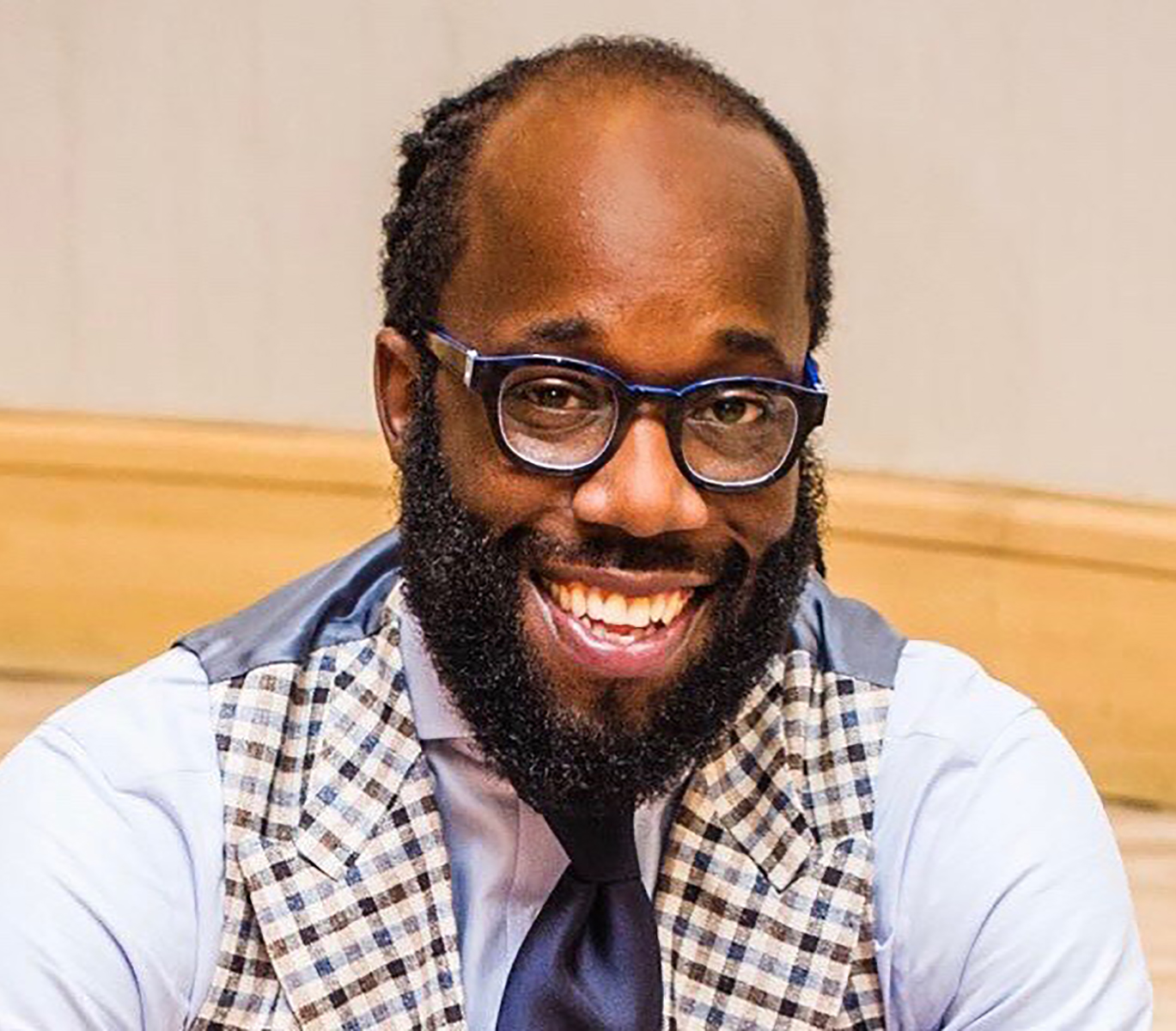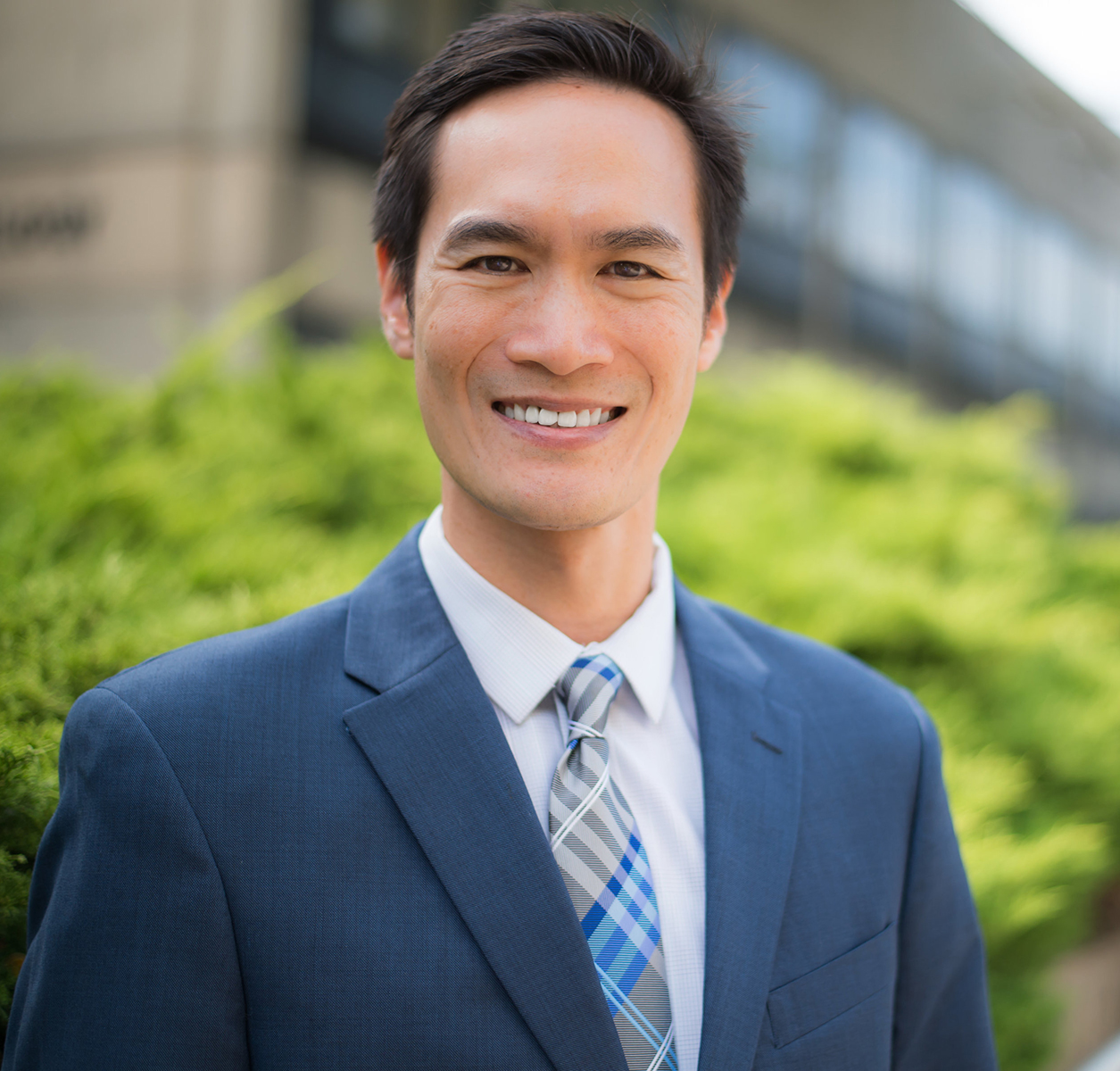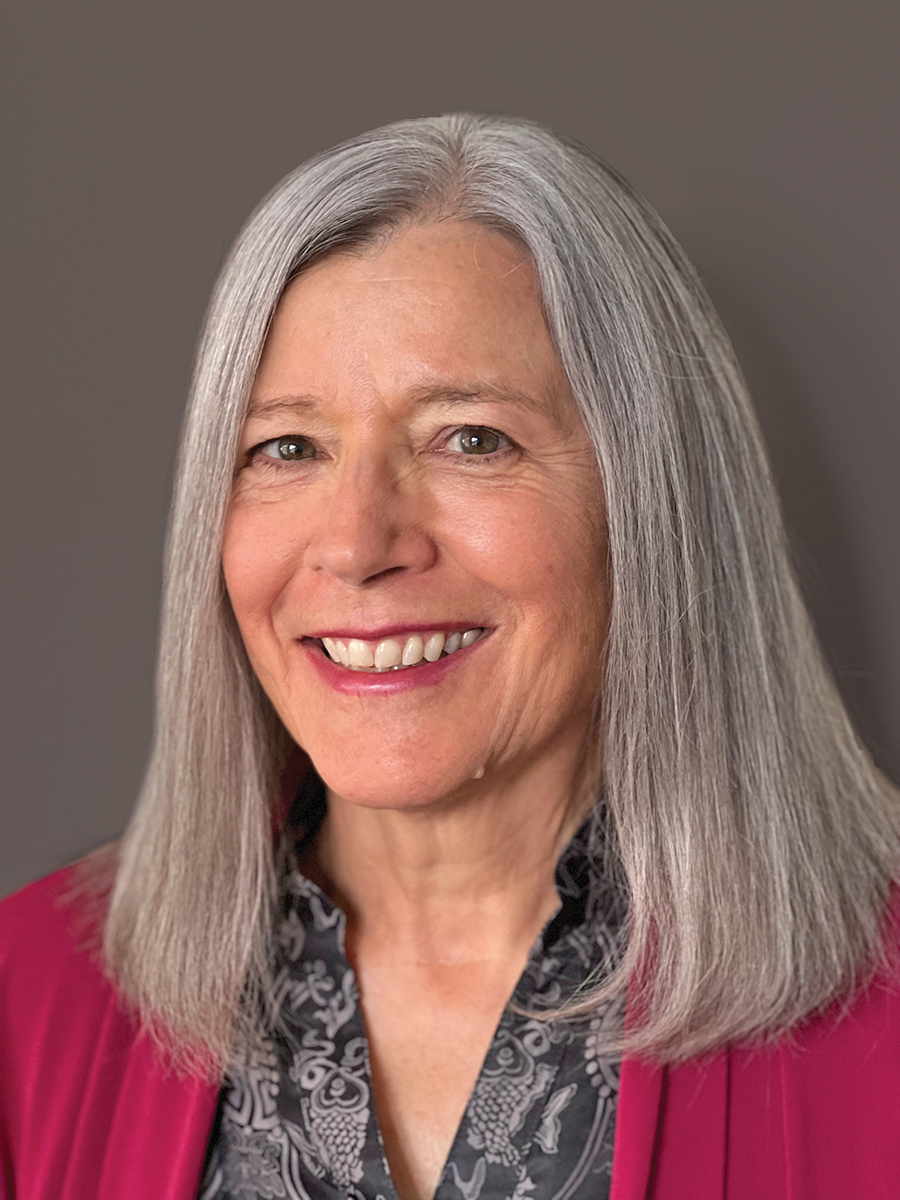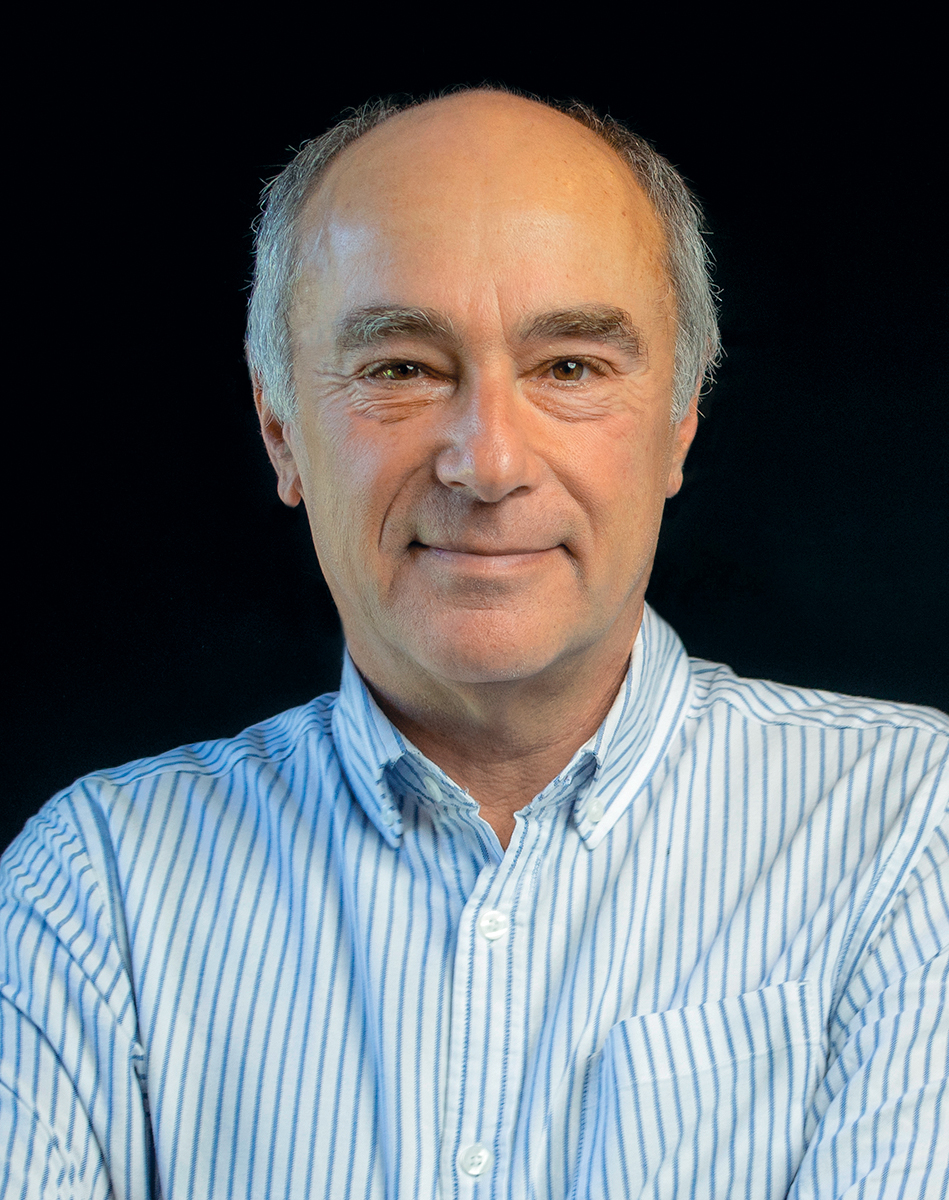Q&A with the Author
- What made you decide to write this book?
- What was the hardest part of writing it, and what was the easiest?
- What is one important lesson or message you hope readers take away from the book?
- Are there any other books that greatly influenced your writing process and/or your research?
- What led you to your specific area of study (the subject of your book)?
- Tell us one fascinating thing about this topic.
- Are there any common misconceptions about the topic?
- What advances do you hope we will see in the next 10 years?
- What made you decide to go into this field?
- When you are not working, what do you do for fun?
- What is your all-time favorite book?
- Is there a project that you are excited to work on next? (A presentation, a workshop, writing another book, etc.)
Tell us more about your latest book!
What made you decide to write this book?
My motivation is probably similar to that of many textbook authors: I simply couldn’t find a book that presented the material in the way I liked to teach it. This is not to say that there aren’t many excellent books on measurement theory. But, the book I wanted didn’t seem to exist. I wanted a book that was as easy to read as possible, but that still presented the technical details that many readers need. At the same time, I wanted the book to have clear explanations of all the equations and technical material. Finally, I wanted a book with lots of examples. I could find parts of what I wanted in existing books, but I couldn’t find all of these in one book, so I wrote my own.
What was the hardest part of writing it, and what was the easiest?
The hardest part of writing the book was simply finding the time to do it. From a content point of view, I covered several topics that I was not very familiar with before I wrote the book. So, getting up to speed on these topics presented some challenges. On the other hand, it was great to have a chance to learn more about them. The easiest part was in writing about my favorite topics, such as scale development; what could be more fun than that!
What is one important lesson or message you hope readers take away from the book?
I hope readers learn that measurement theory is not rocket science; it is accessible (some topics more so than others, of course) and they can learn it. I also hope they have fun doing so, but I guess I shouldn’t hope for too much.
Are there any other books that greatly influenced your writing process and/or your research?
I love to read, and consume several books a month, both fiction and nonfiction. So, rather than being influenced by any one book, I think I have been influenced by reading in general. In my reading I’m constantly struck by an author’s choice of words, phrasing, or expressions, and my absorption of all of these has helped me develop my writing style. As I tell my students, if you want to be a good writer, you have to read – a lot! Having said all this, I do have to give a shout out to my “academic grandmother,” Linda Crocker, who wrote the very popular and influential measurement theory book Introduction to Classical and Modern Test Theory that has greatly influenced my thinking about measurement.
We are interested in learning more about your expertise.
What led you to your specific area of study (the subject of your book)?
From the time I took my first class in measurement theory, I was hooked on this topic. I’m especially interested in the idiosyncratic ways in which people respond to questionnaire and interview items. As I say in the book, if it’s possible to misinterpret an item, people will, and in the most interesting (and sometimes bizarre) ways.
Tell us one fascinating thing about this topic.
As I mentioned above, the different ways in which people interpret (and misinterpret) questions is fascinating. There is an anecdote in my book about an interview question that asked respondents about their number of children. One respondent astonished the researchers by stating she had “twenty to thirty.” Upon follow-up questioning, the respondent revealed that she was a teacher and thought the researchers were asking how many children she typically had in a class.
Are there any common misconceptions about the topic?
Probably the biggest misconception is that creating good measurement instruments is simple and easy. It is neither. Developing a good measurement instrument is not much different from developing a good research study. It takes careful research and planning and can be time consuming. But, keep in mind that the results of any research study are only as good as its measurements. So, time and thought devoted to measurement will pay off in the long run.
What advances do you hope we will see in the next 10 years?
I’m going to talk about what I think will happen, rather than what I hope will happen. I think we will see more use of simulation-based testing. It is already common in medical licensure and other exams to see questions in which the test taker is shown a simulated patient or set of symptoms and asked how they would treat the patient or make a diagnosis. I think such simulation-based items have great potential in educational and licensure testing and I’m looking forward to seeing the developments made in this arena.
Now a little bit about you…
What made you decide to go into this field?
As I said in answer to a previous question, I was hooked on measurement after my first class in this subject. That class was with Dr. Bob Lissitz at the University of Maryland, and my decision to study measurement was greatly influenced by the fact that after that class Bob recruited me in the doctoral program there.
When you are not working, what do you do for fun?
Reading, of course, but I also love to hike. Living in the Shenandoah Valley of Virginia, I have a lot of opportunities to do so. My home is only about nine miles from Shenandoah National Park and the Appalachian Trail and I go there as often as I can.
What is your all-time favorite book?
Such a difficult choice, but I love Anne Tyler’s writing, and my favorite book of hers is probably An Accidental Tourist.
Is there a project that you are excited to work on next? (A presentation, a workshop, writing another book, etc.)
I am currently working on research that explores how item wording and the labels used in item response scales (such as “strongly disagree” to “strongly agree”) affect peoples’ responses. I do have another book in mind, but it’s still in the thinking-about-it stage.
See all titles by and read more about Deborah L. Bandalos on her author page!
